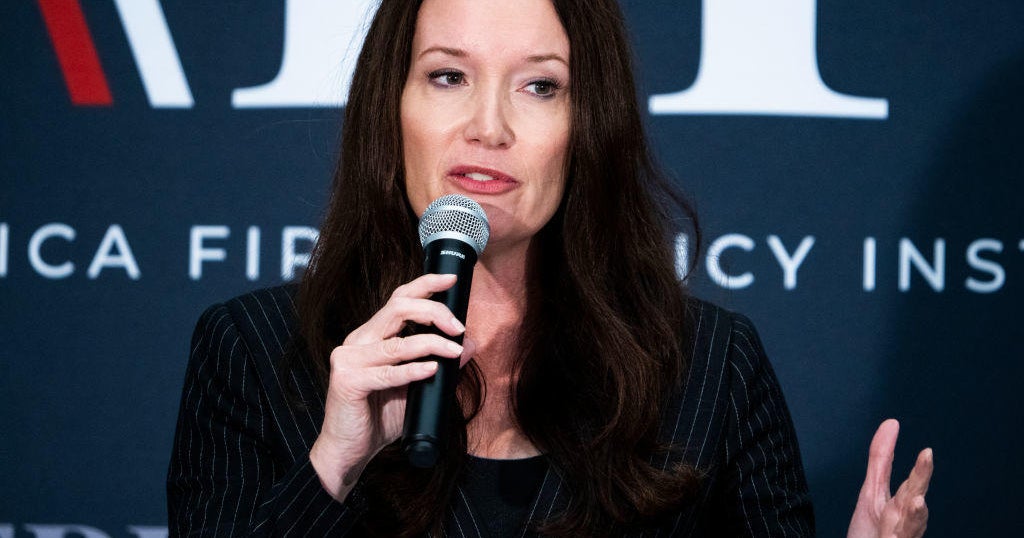Unemployment falls to lowest level since before coronavirus pandemic
Hiring around the U.S. remained subdued in January. Employers added a modest 49,000 jobs last month, with white-collar services leading the gains as lower-paid service jobs continued to suffer.
The nation's unemployment rate fell to 6.3%, from 6.7% in December, as people found new jobs and others dropped out of the labor force, meaning they were no longer counted as unemployed and seeking work. That is the lowest rate since February 2020, before the coronavirus erupted, when unemployment was at 3.5%.
"As the economy passed the worst of the third Covid wave, and vaccine optimism took hold, the labor market displayed a faint heartbeat," economists at Oxford Economics said in a research note. "While favorable seasonal factors helped lift the monthly jobs count, the January gain nonetheless represented little progress toward recovery."
Low-wage workers hit hardest
Professional and business services led the gains in January, adding 97,000 jobs last month concentrated in hiring by temp firms. The gains were offset by losses in leisure and hospitality, which saw 61,000 jobs vanish. Retail trade and health care and social assistance each lost about 40,000 jobs.
"Each additional wave of the pandemic is another series of body blows to low-income workers and their finances," Daniel Zhao, senior economist at the job site Glassdoor, told CBS MoneyWatch.
Revised government numbers released Monday also showed that December's decline — the first job loss since April — was worse than previously thought. Leisure and hospitality companies lost more than half a million jobs that month while other sectors hired new workers, for a net loss of 227,000 jobs.
The figures underscore the deeply unequal nature of the COVID-19 recession that has disproportionately hurt poorer Americans. The restaurants, bars, retail stores and gyms that have been most affected by lockdowns and falling customer demand tend to employ low-wage workers.
"By far, the biggest hit to employment has been to lower-wage industries," Nick Bunker, chief economist at the Indeed hiring lab, told CBS News. "Those with low wages are hit hardest, and have not seen a rebound [as have] other industries."
"Right now, if you're in a high-wage job, you're less likely to have lost your job, and now demand for some of these positions is starting to ramp up again," he added. "You're in a much better position that someone who is more subject to short-term fluctuations."
Separate research from Bank of America found that nearly all the job losses during the pandemic have been among lower-paid workers. For workers who earn more than the median wage, "employment levels are essentially back to pre-pandemic levels," according to analysts with the banking giant.
Plans for more stimulus
The Senate on Thursday moved ahead with a plan to craft a $1.9 trillion economic aid package for the next six months or so. President Joe Biden has called for $1,400 stimulus checks for lower-earning Americans and an extension of enhanced unemployment benefits. Some Democrats want the government to take a much bigger response and send monthly "survival checks" of $2,000 to affected households.
But economists are alarmed about an unequal economic recovery in which highly educated white-collar workers prosper while those with less education and no option to work remotely are left behind. There are still nearly 10 million fewer jobs in the economy than last year, and the unemployment rate for Black workers is double that of White workers. Nearly 3 million women left the labor force last year, and 4 million Americans who are actively looking for jobs have been unemployed for longer than six months. Time is not on their side, experts said.
"The longer this drags on, the harder this puzzle is to put back together," said William Spriggs, chief economist for the AFL-CIO federation of labor unions.
Spriggs is concerned that deceptively positive figures, like the 6.3% unemployment rate, could sap the will to keep supporting the economy.
"We aren't known for having great empathy when it comes to policy," Spriggs said. "I can easily see that we get to September, and because people feel free enough to go out and we loosen restrictions enough and get the unemployment rate to where people think it's low enough, we stop. And there will still be several million people who are out of work who are going to have a very tough road" beyond September.



